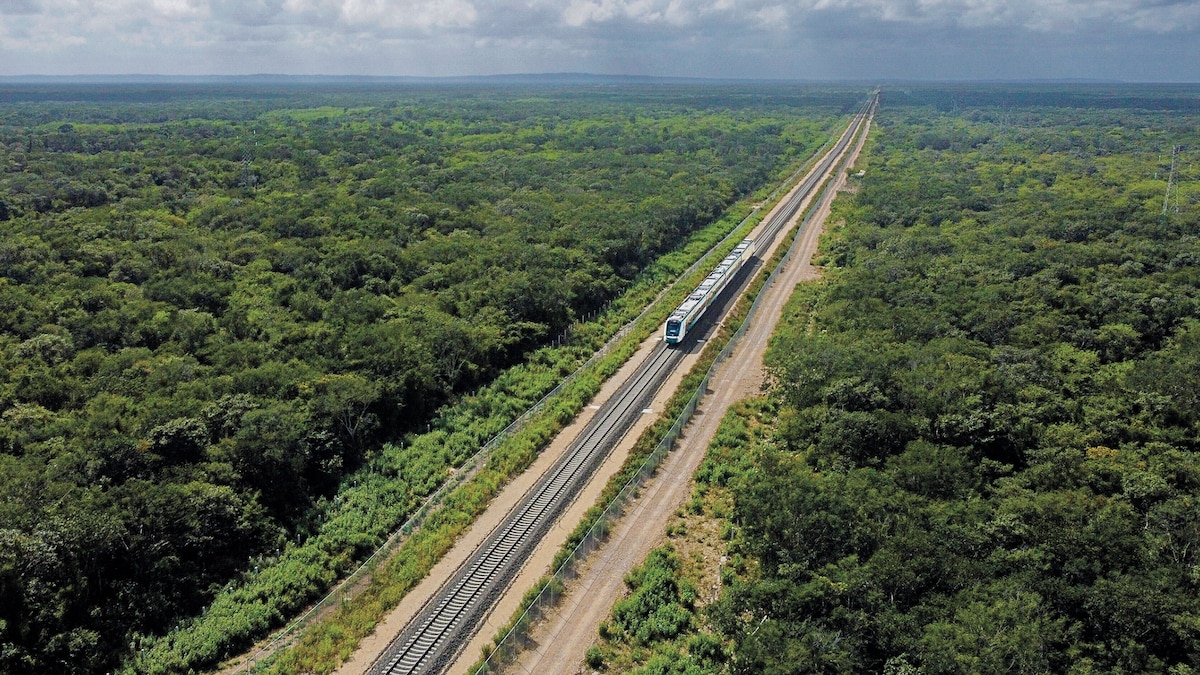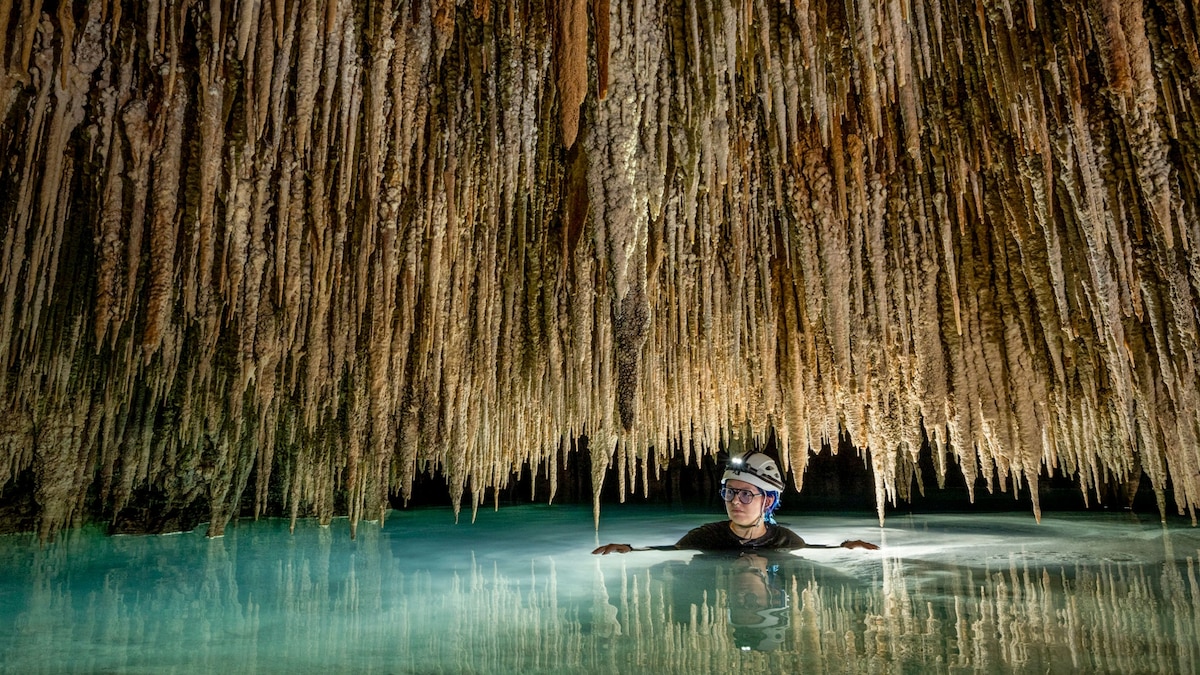Now Reading: Tren Maya: A Tourist Marvel with Hidden Environmental Challenges
-
01
Tren Maya: A Tourist Marvel with Hidden Environmental Challenges
Tren Maya: A Tourist Marvel with Hidden Environmental Challenges

Swift Summary
- A biologist captured footage of environmental damage caused by construction in Mexico’s Tren Maya project, a 966-mile rail system looping the Yucatan Peninsula.
- The region is environmentally sensitive; widespread use of steel pillars threatens cenotes (underground freshwater reservoirs), wildlife, and water systems interconnected with reefs and beaches.
- tren Maya supporters highlight its economic impact: improved cargo transport, equitable distribution of tourism income, ticket affordability for locals, job creation (900k estimated by 2030), and poverty alleviation.
- Critics argue AMLO-led construction ignored environmental assessments. They claim millions of trees were felled without proper safeguards; activists faced threats while protesting impacts on ecosystems and Indigenous heritage.
- supporters emphasize reforestation projects planting 500M trees and archaeological discoveries rescuing over 871k artifacts along the rail route.Opponents call the destruction irreversible “ecocide.”
- tren Maya elevated tracks are seen as less harmful then highways by some; others cite flaws in planning like unfulfilled animal crossings or stations far from city centers.
- Mixed perspectives persist: environmentalists see devastation while advocates hail economic gains as transformative for impoverished regions near jungle areas.
Indian Opinion Analysis
The story of Mexico’s Tren Maya reflects broader global tensions between development ambitions and sustainability challenges-relevant to India given similar infrastructure undertakings across ecologically vulnerable landscapes. India’s growing commitment to balancing large-scale rail projects with conservation frameworks can learn from Tren Maya’s divisive reception.
Balancing ecological preservation with socio-economic needs is crucial in countries like India where such tradeoffs arise frequently during infrastructure expansion. Lessons regarding community engagement highlight the importance of transparent processes prioritizing localized concerns-especially among Indigenous populations whose ancestral heritages may face disruption.
While proponents see value in uplifting marginalized areas through connectivity similar to India’s goals around rural modernization via rail networks, critics underscore long-term risks posed by ecosystem degradation that could outweigh short-term benefits. India must regard this case as cautionary when applying sustainable models harmonizing progress with nature conservation efforts amidst rising urbanization demands.
Read More: link
























